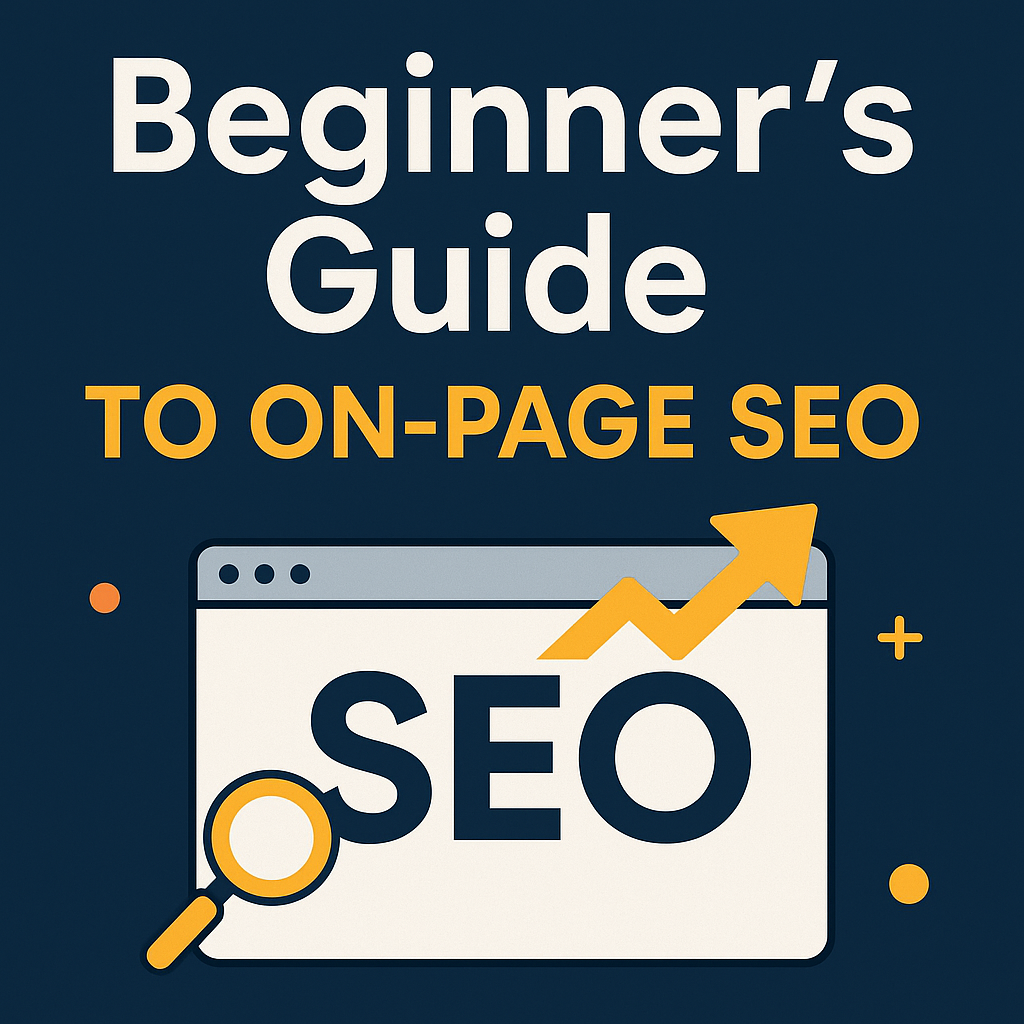In today’s digital landscape, content creation has evolved from a simple marketing trend to a vital pillar in online branding, education, entertainment, and monetization. Furthermore, Whether you’re an aspiring creator or a business looking to reach wider audiences, understanding how to produce engaging and high-impact content is essential.
What is Digital Content?
Digital content refers to any form of media that exists in a digital format and is distributed electronically. Furthermore, This includes videos, blogs, podcasts, infographics, animations, eBooks, and social media posts. Furthermore, With billions of people engaging with digital content daily, it serves as a powerful tool to influence, educate, entertain, and inspire.
Why Does Content Creation Matter?
The importance of content creation lies in its ability to connect brands, businesses, educators, and individuals with their target audiences. Here’s why it matters:
- Global Reach: Digital content transcends geographical barriers, giving creators access to a worldwide audience.
- Increased Engagement: Creative, high-quality content sparks interaction and builds loyalty among viewers or readers.
- Boosts SEO: Search engines favor valuable content. A well-structured blog post or video with relevant keywords enhances your visibility.
- Drives Conversions: Whether you’re selling a product or promoting an idea, good content turns viewers into customers.
- Positions You as an Expert: Consistently publishing content helps establish authority in your niche.
The Process of Creating Content
Content creation is both a strategic and creative process. Let’s break down the steps involved:
1. Define Your Goal
Ask yourself why you are creating this content. Is it to educate, entertain, convert, or raise awareness? Your goal will influence your content type and style.
2. Understand Your Audience
Content without an audience is just noise. Study your target demographic’s behavior, interests, and pain points to tailor content that resonates.
3. Choose the Right Format
From blogs and YouTube videos to TikToks and infographics—pick a format that best delivers your message and aligns with your audience’s preferences.
4. Plan Your Content
Create a content calendar. This not only keeps you consistent but also ensures your content is diverse and timely.
5. Create with Quality in Mind
Good content should be:
- Well-researched
- Free from spelling or grammar errors
- Visually engaging (when applicable)
- Optimized for mobile and SEO
6. Edit, Polish, and Review
Never underestimate the power of editing. Check your facts, proofread for clarity, and refine your structure for maximum impact.
7. Publish and Promote
Share your content on appropriate platforms. This could be your website, email list, or social media. Use hashtags, paid ads, or collaborations to reach more people.
8. Analyze and Improve
Use analytics tools like Google Analytics, YouTube Studio, or Meta Insights to measure what’s working and iterate accordingly.
Common Challenges Creators Face
Despite its benefits, digital content creation is not without challenges:
- High Competition: Standing out in a crowded space requires originality and consistent value.
- Time Management: Producing quality content takes effort, time, and sometimes money.
- Keeping Up With Trends: Technology and algorithms evolve, so creators must stay updated.
- Copyright and Plagiarism: It’s important to respect intellectual property rights and produce original work.
Core Skills Every Content Creator Should Master
In order to succeed in this space, creators must wear many hats. Here are essential skills:
- Creative Writing: To hook and hold readers’ attention.
- Design and Multimedia: Knowledge of tools like Canva, Adobe Photoshop, or video editors helps elevate content quality.
- SEO: Understanding keyword usage, meta descriptions, and backlinking is crucial.
- Marketing and Promotion: Knowing how to promote content organically and via paid channels.
- Audience Engagement: Replying to comments, hosting live sessions, or creating polls boosts community interaction.
Tools for Content Creation
Fortunately, thanks to technology, numerous tools simplify content creation:
- Text Editing: Google Docs, Grammarly
- Graphic Design: Canva, Adobe Illustrator
- Video Editing: Adobe Premiere, Final Cut Pro
- Audio Editing: Audacity, Adobe Audition
- Social Media Management: Buffer, Hootsuite
- Analytics: Google Analytics, YouTube Studio
Making Money from Your Content
Interestingly, content creation can be a lucrative career. You can monetize through:
- YouTube ad revenue
- Sponsorships and brand deals
- Selling digital products (eBooks, courses)
- Affiliate marketing
- Subscription platforms like Patreon
Final Thoughts
Digital content creation is a rewarding path for those with creativity, discipline, and vision. It allows you to build an audience, share your voice, and even generate income—if done right.
Of course, the journey may come with hurdles, but with the right tools, mindset, and strategy, you can turn content into a powerful asset that delivers value not only to your audience but to your personal or business brand.
So, pick your niche, grab your tools, and start creating something remarkable today!

